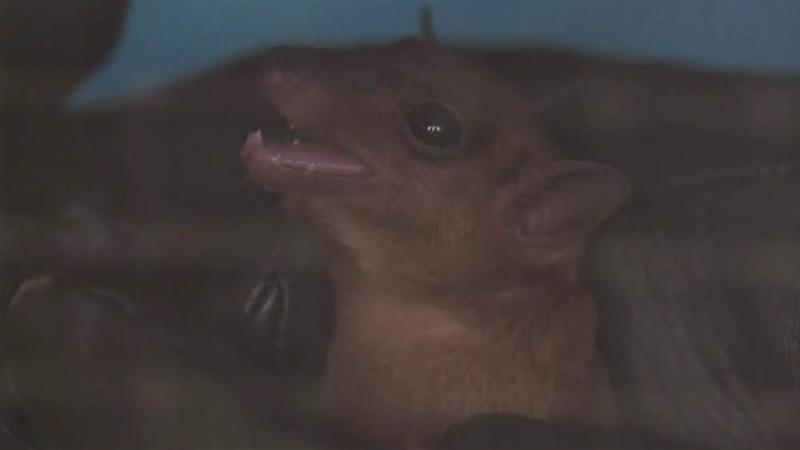How the coronavirus spread from animals to humans


As scientists work to contain coronavirus, researchers are still trying to figure out where it came from. Early research suggests human picked up the virus from animals, possibly bats, but it is still unclear how the virus made that jump. Science journalist and author David Quammen explains a term called “zoonosis” and how the disease may have spread from animals to humans.




Didn't SARS and Swine Flu first spread from animals or bats?
Buzz, have there been any studies in China, especially concerning how some avoided the corvid19 virus. My question is, I am wondering, do people who are already battling the common cold corona virus as susceptible to catching corvid19?
If you are already fighting off the common cold your histamine levels are already elevated, would that keep you from contracting corvid19?
Talked to someone yesterday and his son told him that maybe they should get all the young together give them corvid19 and quarantine them for 2 weeks as a kind of fire break, and my thought was not that extreme, just give everyone, who are healthy enough to handle it, the common cold. Of course this would never happen, just throwing it out there to see if there maybe any relevance to this.
Wow! I really don't know - I've not seen anything about that. The only things about avoidance I know are voluntary self-lockdown, social distance while out, washing hands, don't touch face, eyes and nose and wear a mask (although they may not be effective).
Yes SARS spread from Bats to Civet Cats to "domestic" cats which were eaten by a man in 2002 in Quangdong.
Mers passed from bats to camels to humans in the Mid East.
Yes, we are witnessing the SARS pandemic that the international medical community has crapped its pants about for the last 15-16 years. WHO and the international medical community have been issuing hair-on-fire warnings to obtain funding. And after 15 years we still don't have a vaccine or treatment regimen. And 15 years of international medical community preparation didn't last nine weeks.
SARS - Severe Acute Respiratory Syndrome is caused by a coronavirus that is transmitted from animals to humans. The international medical community has been aware of this for 15 years. The SARS epidemic of 2003 spread to 26 countries and prompted global efforts to understand the disease, develop vaccines, and prepare for a worst case scenario of a pandemic. The medical research and medical planning conducted over the last 15 years didn't last nine weeks.
COVID-19 is one strain of coronavirus that causes SARS. But SARS is not new or novel. We've know about the risks for 15 years. Supposedly we've been providing funding to prepare for a SARS pandemic over the last 15 years, too. So, what happened?